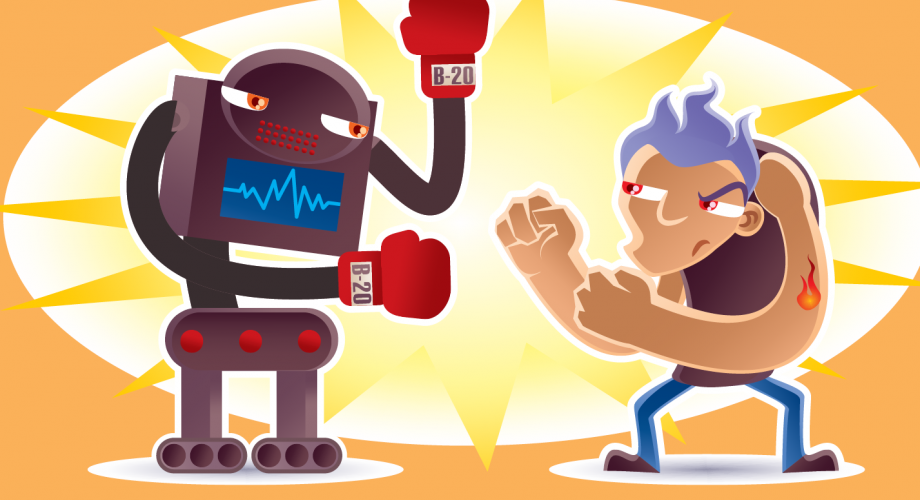How technologies are affecting marketing, maintenance and operations in the rental housing industry.
Will machines put us out of work? Opinions range on this topic, but one thing is for sure: Computer automation has already replaced tens of millions of jobs across multiple industries.
During the 2021 Apartmentalize session, “Who’s Your Next Hire? Michael or C3PO?,” industry professionals discussed what AI actually is and how machine learning, neural networks and natural language processing work. According to the group, multifamily housing is undoubtedly evolving through the computer.
“As it’s changed real estate, we’re at a real tipping point now,” said Lucas Haldeman, CEO of SmartRent. “Our industry has been slow to adopt, but what’s really helping us innovate is money, venture capital,” he said. “Even three years ago, there were no venture capital dollars and we didn’t have the funding for innovation.”
It’s about more than just computers and money, though. Panelists discussed three major components of the “AI Toolkit.”
Machine learning helps computers learn how to predict and act and continue to learn without any additional programming. It improves automatically through experience and data, driving better results.
Natural learning is a subset of machine learning that uses linguistics, computer science and AI to monitor and learn from computer and human language interactions. This is done via platforms such as chatbots, call centers and smart assistance.
“We have chatbots at many multifamily sites and now we can respond to emails and automate follow-up,” said Ellen Thompson, Founder of Respage and Results Repeat. “We can also accelerate content creation.”
Neural networks are a series of algorithms that recognize underlying relationships within a set of data. It mimics the brain to build connections and pathways by way of revenue management, asset and investment management and smart home technology.
Generative Pretrained Transformer 3, or GPT-3, which was created by Open AI, also made its multifamily debut during the session.
Pretrained on a huge amount of text, GPT-3 is a language prediction model that creates language-based content better than anything else. It can answer questions, summarize long blocks of text, write essays, translate text, create computer code and even write music.
In the multifamily space, panelists see it as a way to power leasing automation through chatbots and automated text with email follow-up. It can also serve as a way to create content at a rapid pace, including social media posts, review responses, blog posts and website and advertising text.
“Technology has come into the marketplace over the last couple of years strongly because the competition has gotten stronger,” said Gunti Weissenburger, President of The Westover Companies. “We’re using technology on the operations end, but we always have to keep in mind that the quality of our residents’ lifestyle in our apartments is what’s driving our business.”
However, panelists pointed out that an array of tasks that computers still can’t do. They alluded to five critical areas where computers just can’t compete with people:
- Seek out, manage and prioritize new information.
- Set creative strategies.
- Solve complex or poorly defined problems.
- Physically inspect properties.
- Anything requiring interpersonal skills.
As the panelists noted, this industry is very people-oriented and human interaction will always be a part of it. Embracing AI may not necessarily replace team members, but it will help improve operations and encourage sustainability in the future.
